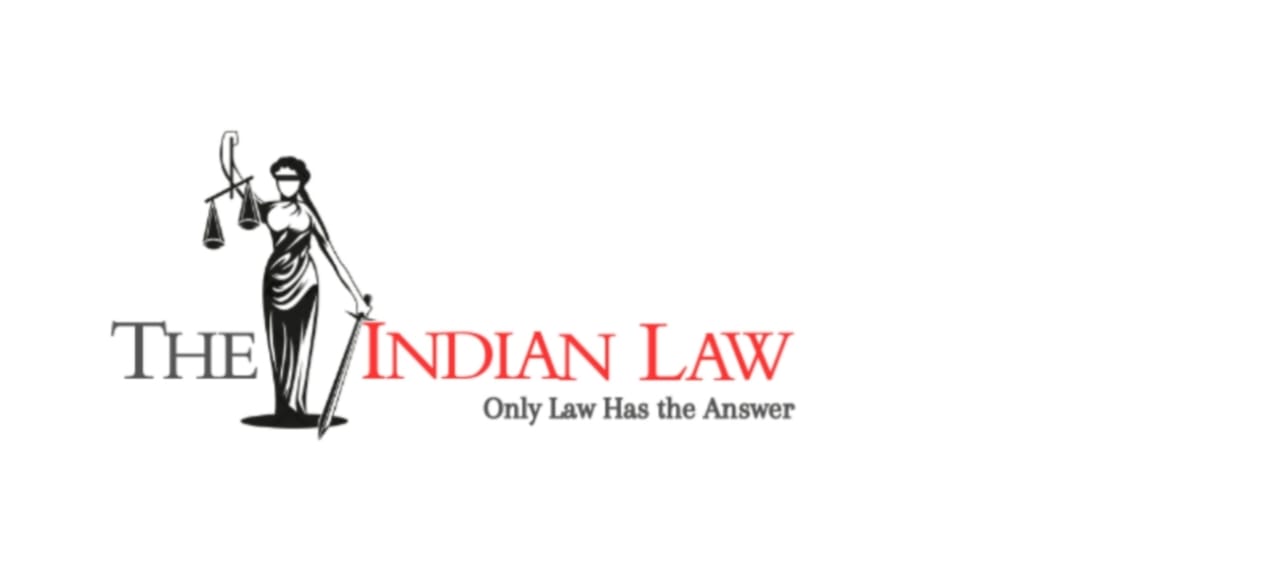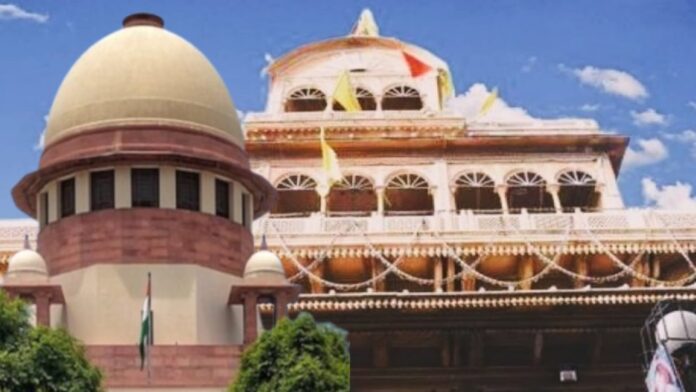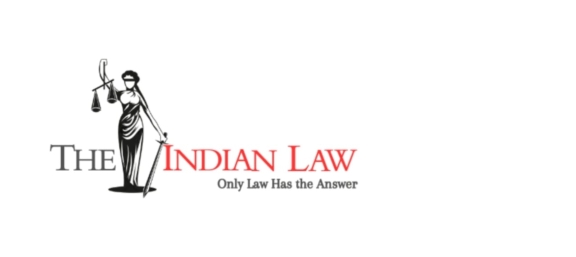⚖️ Background:
- The Banke Bihari Temple in Vrindavan, Mathura, is one of the most revered Hindu temples in India, attracting millions of devotees annually.
- Over the years, issues regarding crowd management, safety, administrative lapses, and lack of transparency in temple affairs prompted judicial intervention.
- A Public Interest Litigation (PIL) was filed in the Supreme Court seeking better regulation and management of the temple.
🏛️ UP Government’s Stand:
- The Uttar Pradesh Government informed the Supreme Court that it had promulgated a special ordinance to streamline the administration of the Banke Bihari Temple.
- The ordinance aims to:
- Improve devotee safety and temple infrastructure.
- Ensure transparent financial and managerial practices.
- Establish a management committee to oversee daily operations.
- Crucially, the State assured the Court that the ordinance:
- Does not interfere with the religious practices, rituals, or spiritual traditions of the temple.
- Respects Article 25 and 26 of the Constitution, which protect the freedom of religion and religious denomination rights.
👨⚖️ Supreme Court’s Observations (Indicative, if judgment issued):
- The Court welcomed administrative improvements but emphasized that:
- State action must not violate religious autonomy.
- The temple’s spiritual sanctity and traditional management roles must be respected unless gross mismanagement is proven.
- The matter is seen as part of a broader discourse on balancing: Religious freedom vs. regulatory oversight
Spiritual autonomy vs. public interest and safety
📚 Legal Significance:
- This development highlights how States can intervene in religious institutions for better administration, but must walk a fine line to avoid infringing religious rights.
- It reinforces the constitutional protection under Article 26(b): the right of religious denominations to manage their own affairs in matters of religion.
✅ Conclusion:
- The UP Government’s ordinance is an attempt to modernize and safeguard the Banke Bihari Temple while preserving its spiritual heritage.
- The Supreme Court’s review of such measures will likely set precedent for the governance of other prominent religious places in India.


